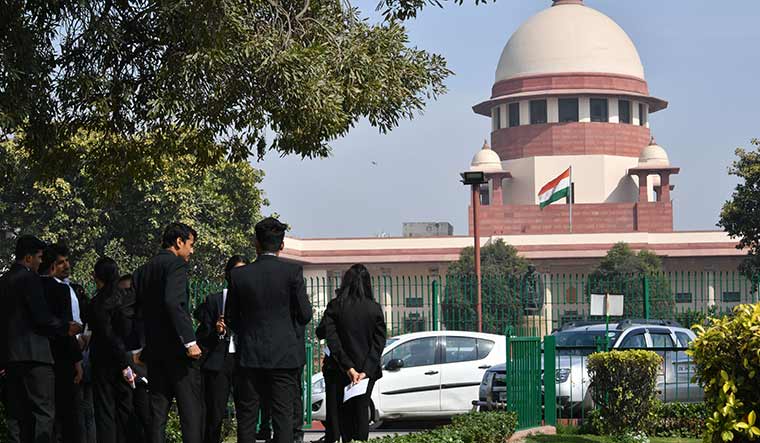The Supreme Court on Wednesday lifted the telecast ban imposed by the Union Government on the Malayalam news channel MediaOne, stating that the state cannot deny the rights of citizens by merely raising the plea for national security.
The judgement was passed on the petition filed by Madhyamam Broadcasting Ltd (MBL) against the High Court judgement upholding the ban.
A bench headed by Chief Justice DY Chandrachud set aside the Kerala High Court order which upheld the Centre's decision to ban the channel's telecast on security grounds based on the sealed cover documents submitted by the Ministry of Home Affairs. "The mere involvement of issues concerning national security would not preclude the state's duty to act fairly. If the state discards its duty to act fairly, then it must be justified before the Court and the facts of the case. Firstly, the state must satisfy the court that national security concerns are involved", the bench observed.
While quashing the Centre's denial of security clearance to the channel, the Court also pulled up the Ministry of Home Affairs (MHA) for raising national security claims in "thin air" without facts.
The MHA had relied on reports of the channel on the Citizenship Amendment Act (CAA), National Register of Citizens (NRC), criticism judiciary, State etc. to state that it is anti-establishment. However, the court said these are not justifiable grounds to refuse renewal of its broadcast license.
Press has a duty to speak truth to power and inform citizens about hard facts. The critical views of the channel against the govt policies cannot be termed as anti-establishment. This view presumes that the press should always support the govt. An independent press is necessary for a robust democracy," the judgment said.
The court added that the non-renewal of the licence for a channel is a restriction on the right to freedom of speech and can be imposed only on grounds under 19(2). It further added that the alleged link of the channel's shareholders to Jamaat-e-Islami Hind is not a legitimate ground to restrict the rights of the channel.
(With inputs from Live Law)


